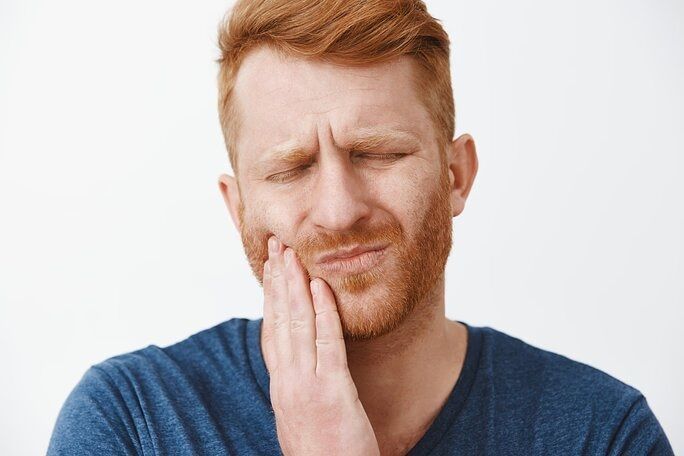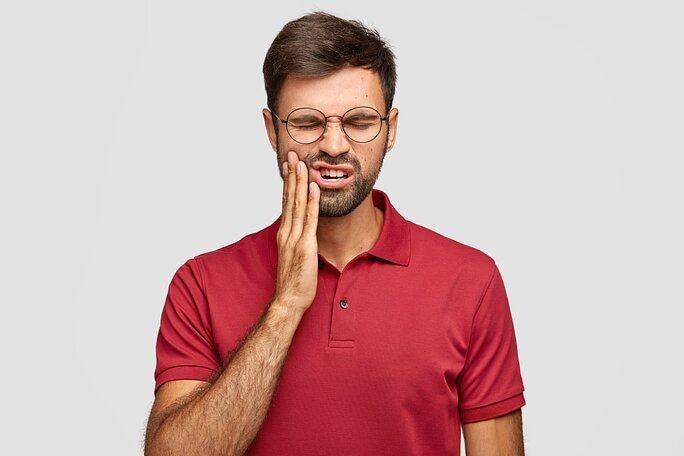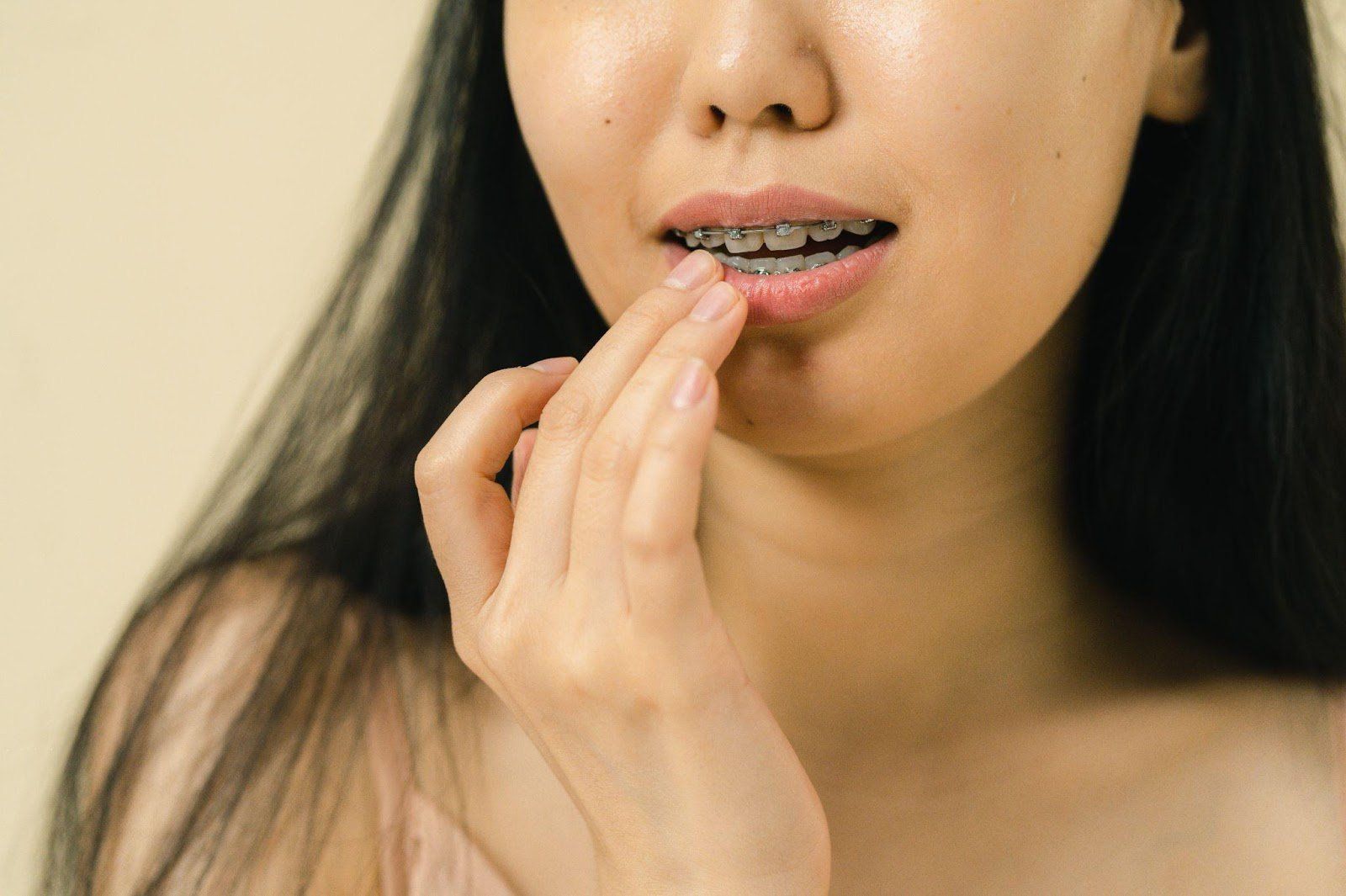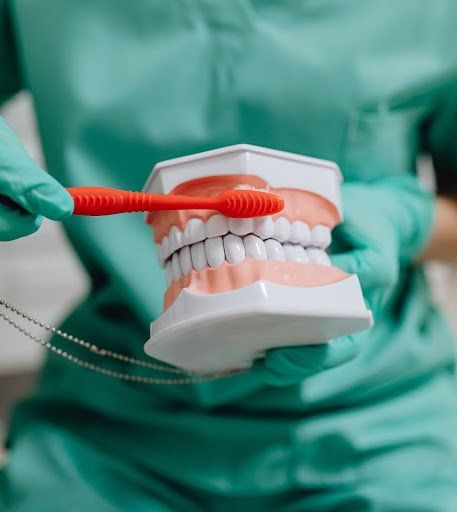Stinky Breath? — 7 Ways to Treat Bad Breath
- by Milena Marguenski
- •
- 21 Jan, 2021
- •

Are you worried about your stinky breath? Wondering what caused it and how to deal with it? Don’t worry, you are not alone, as a recent report by Medical News Today revealed that about 25% of people are affected with bad breath.
Chronic stinky breath is termed as Halitosis. It doesn’t cover bad breath, which is just after waking up in the morning or temporarily because you had certain food or fruit that made your breath smell foul.
But, if you have a stinky breath even after brushing your teeth, or every time you converse with anyone, then I’m afraid you’ll have chronic bad breath. Yes, we know its really embracing, but fortunately, there are practical ways to combat it, and we’ll enlisting some of these:-
1. Avoid Certain Foods
First things first, readjust your diet and avoid foods that may cause bad breath.
Garlic often tops the list as it emits an odor that stays for a couple of hours after having it. The garlic gets absorbed by the bloodstream and hence makes its way into the lungs. So, every time you exhale, there is a garlic-y wave coming out.
Other foods that must stay clear of, if you don’t wish to stink from the mouth include high acidic foods such as tomatoes and lemons and foods that may get stuck in the teeth because of their sticky nature.
A pro tip to freshen your breath is to have rough food for breakfast, as it helps clean the back of the tongue.
2. Dry Mouth
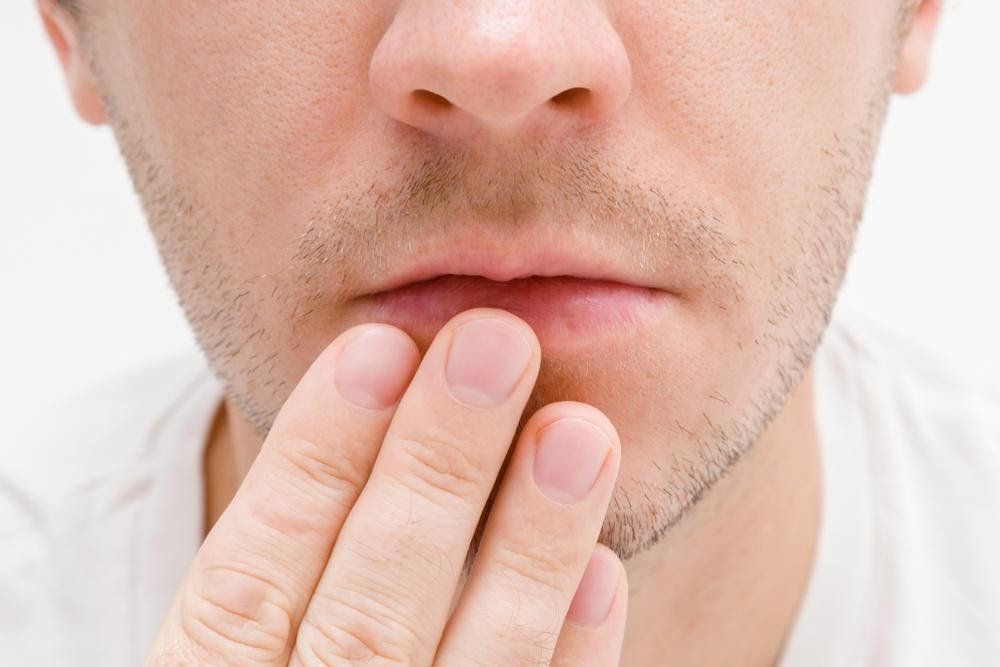
Are you feeling thirsty? A common cause of bad breath is that your mouth isn’t producing much saliva.
The reason salvia is so indispensable is that it washes the mouth throughout the day. So, if you are not producing rough salvia, your mouth is not getting washed enough.
Our tip to increase the production of salvia is to chew sugar-free gum now and then.
3. Floss
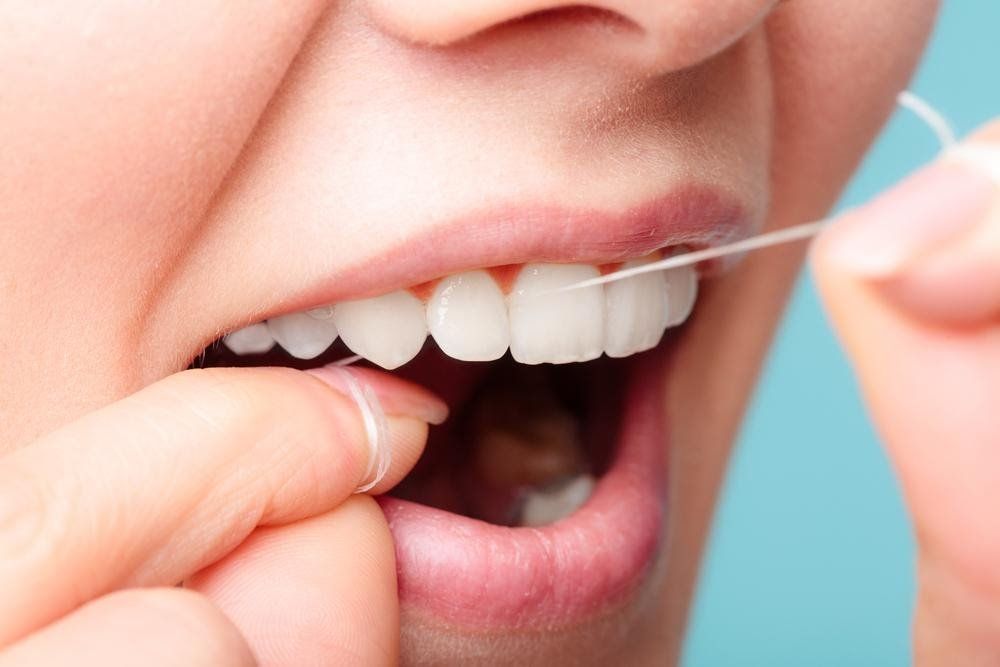
4. Regular Dental Checkups
See your affordable dentist in Brooklyn regularly — generally three or four times a year — to get your dentures examined & cleaned.
A doctor’s cleaning session ensures the effective removal of calculus built-up, which otherwise would not be possible with brushing and flossing.
5. Clean your Tongue
When brushing your teeth, don’t forget the tongue as it is a harboring ground for bacteria; thus, cleaning it may reduce stinky odors.
If you have a coated tongue from the overgrowth of bacteria, you may use a tongue scraper to achieve the best results or use a toothbrush that comes with a built-in tongue cleaner.‘
6. Kick the Tobacco Habit
In case you have a habit of chewing tobacco, then quit or reduce it. Not only chewing tobacco products pose a risk of cancer, but it can also damage your gums, stain your teeth, and lead to stinky breath.
These days there are nicotine patches, which you can buy over-the-counter to tame your tobacco urges.
7. Keep your Gums Healthy
In most cases, gums cause bad breath. The accumulation of bacteria in the base of the teeth creates an odor.
If you have gum disease, the dentist may suggest you to consult a periodontist, as they specialize in gum.
If you are concerned about your stinky breath and want to seek dental advice, we’re here for you at Park Dental Care in Brooklyn. Call us at 718.573.3333 to book an appointment with our dentist today.
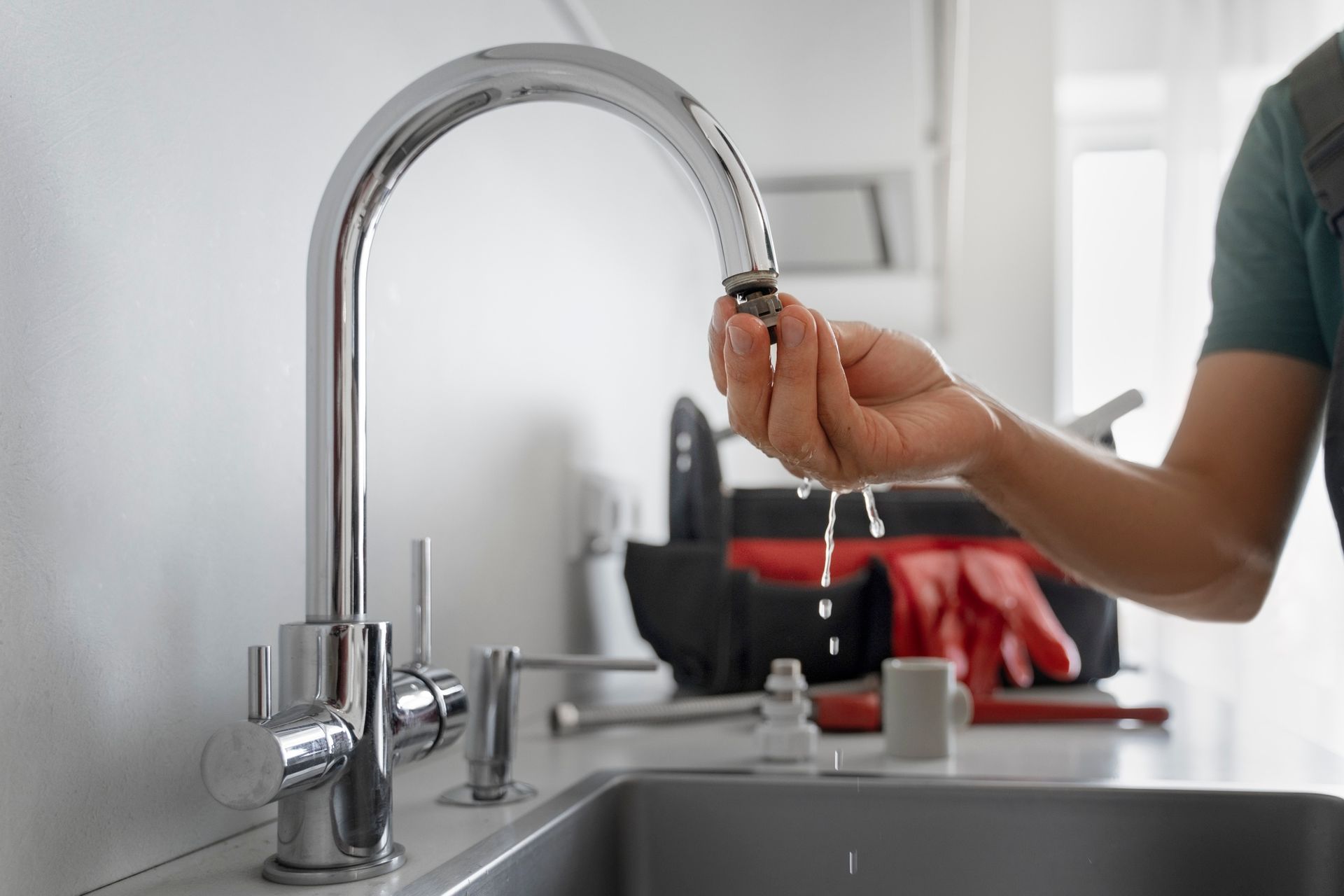
Brooklyn residents often wonder whether their tap water is helping or harming their dental health. One key factor in this debate is
fluoride
, a naturally occurring mineral added to public water supplies to prevent cavities. But does Brooklyn tap water really protect your teeth from decay? In this blog,
we’ll
uncover the truth about fluoride levels in NYC’s water and whether it plays a significant role in cavity prevention.
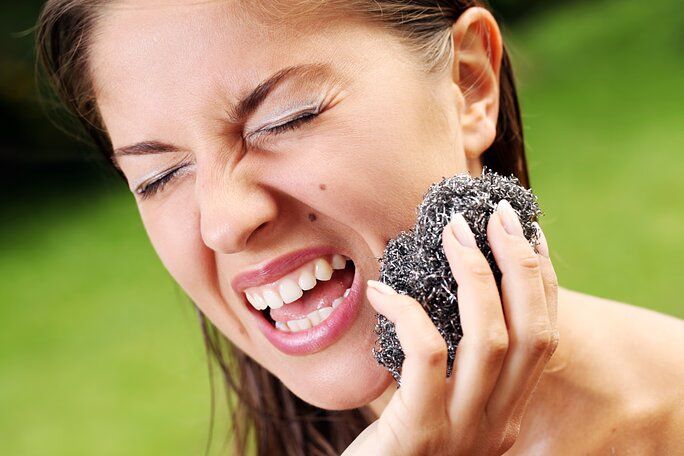
Sudden gum swelling is a dental condition that requires immediate attention, even if there is no pain. Gum health is often overlooked, but it is essential for overall oral well- being. Swollen gums may seem harmless at first, but they often indicate underlying issues that can worsen if left untreated.
Many people think of dental emergencies as situations with severe pain, but it's important to understand that discomfort isn't always a reliable sign of serious problems. Just because there is no pain doesn't mean there is no risk. Sudden gum swelling should be treated as an emergency , emphasizing the need for prompt professional evaluation.
Ignoring swollen gums can lead to more severe complications, affecting both oral health and general wellness. By understanding the seriousness of this condition and
seeking timely intervention, you can prevent further damage and ensure that your gums—and teeth—stay healthy and strong.
A skilled dental team can properly assess and treat any swelling. Prioritize your gum health by taking action when you notice unusual changes, protecting your smile for the future.
It's important to remember that maintaining good oral hygiene, including flossing your teeth regularly , can help prevent conditions like gum swelling. Additionally, if you're interested in improving your smile beyond just addressing gum issues, there are various options available in cosmetic dentistry that you should know about. Finally, if you're looking for ways to achieve a brighter smile, there are effective methods on how to get whiter and brighter teeth at home that you might find helpful.
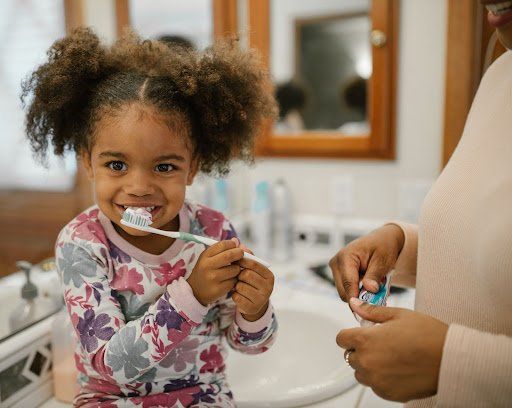
If you thought that oral health problems are only for adults, then think again. The first teeth start appearing by 4 to 5 months of age. Then by the age of 3, kids have a full set of teeth. This is the time when parents have to be extremely careful about oral hygiene.
By the age of 6-7, the primary teeth start to fall out to make space for the permanent teeth. These permanent teeth are the ones that will stay with them for the rest of their lives. However, there are certain oral problems such as tooth decay, lip sucking, and early teeth loss.
Let’s take a look at these common oral health problems.

With the procedures’ popularity, several pharmaceutical companies launched their over-the-counter teeth whitening kits. This made the procedure more accessible and cheaper as compared to a professional session.
But which one is better? Let’s understand both the procedures first.
